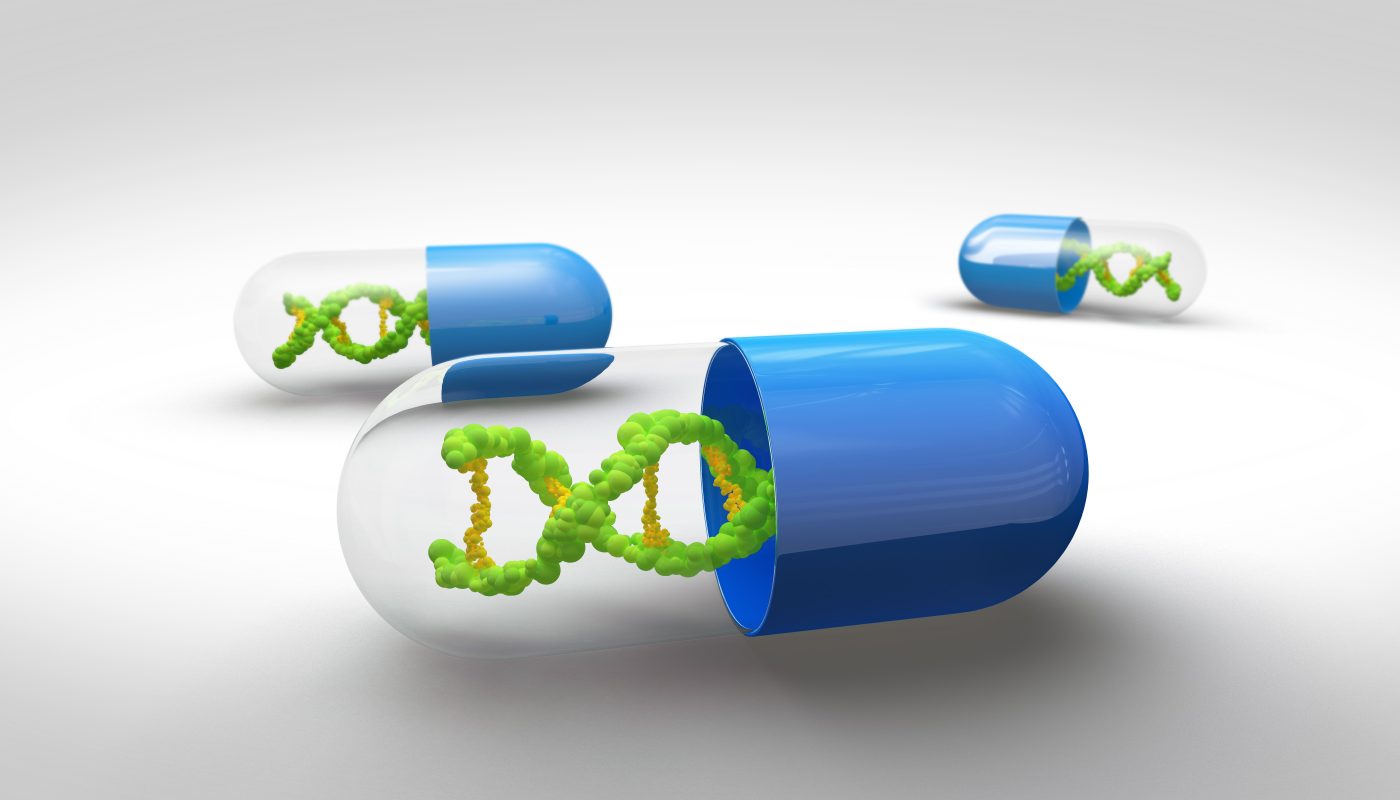DMD: Target Enrollment Reached for Part B of Edasalonexent Trial

Catabasis Pharmaceuticals recently completed its target enrollment of 30 patients for the open-label extension of the Phase 2 portion (Part B) of the MoveDMD clinical trial evaluating edasalonexent (CAT-1004) in boys with Duchenne muscular dystrophy (DMD).
Edasalonexent is an oral drug that researchers hope will revolutionize DMD treatment. Edasalonexent targets NF-kB, a protein activated in DMD. Inhibition of NF-kB could slow muscle degeneration and enhance muscle regeneration.
The 3-part Phase 1/2 trial (NCT02439216) is assessing the effectiveness, safety, pharmacokinetics (how the drug moves in the body) and pharmacodynamics (how the body reacts to the drug) of edasalonexent in boys ages 4 to 7 with a genetically confirmed diagnosis of DMD.
The trial’s primary endpoint is change in lower leg muscles as seen on magnetic resonance imaging (MRI). Secondary endpoints include age-appropriate timed function tests such as the 10-meter walk/run, a 4-stair climb, and time he takes to stand. Researchers will also use other determining tools such as scores from the North Star Ambulatory Assessment.
Part A (Phase 1) began in April 2015 and is now finished. Seventeen boys with DMD, who had never been given steroids, received edasalonexen (33 mg/kg/day, 67 mg/kg/day, and 100 mg/kg/day) for seven days. Catabais reported positive results. The drug was well tolerated with no safety signals triggered and successful NF-kB target engagement.
Sixteen of the boys who participated in Part A are among the 30 boys enrolled in Part B. The Phase 2 randomized, double-blind, placebo-controlled, multiple dose study will evaluate the safety, effectiveness, pharmacokinetics, and pharmacodynamics of two doses of edasalonexent (67 mg/kg/day and 100 mg/kg/day) over 12 weeks at five U.S. trial sites.
“Completing target enrollment in Part B of our MoveDMD trial is another important milestone in the development of edasalonexent. We appreciate the exceptional support that we have received from the DMD community that has resulted in enrolling Part B of the trial,” Joanne Donovan, MD, PhD, chief medical officer and senior vice president of clinical development at Catabasis, said in a press release. “We are grateful to the participants and their families as well as the clinical trial site staff involved.”
Pat Furlong,founding president and CEO of Parent Project Muscular Dystrophy (PPMD), called recent events “encouraging.”
“It is encouraging to see the progress of this potential therapy given the profound unmet medical need in Duchenne and our desire to have therapies with the potential to benefit all of those affected regardless of the underlying mutation type,” Furlong said.
In July, Catabasis initiated Part C, the open-label extension portion of MoveDMD that is designed to assess the long-term safety and effectiveness of edasalonexent. The boys will receive the drug for 36 weeks beyond the 12-week placebo-controlled portion of the trial. All primary and secondary endpoints will be monitored.
Top-line safety and efficacy results are expected by early next year.
Participant travel expenses for the trial are being funded by PPMD and the Muscular Dystrophy Association. More information about the MoveDMD trial can be found here.






